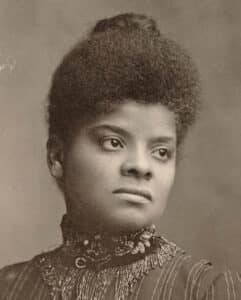
Ida B. Wells circa 1895 by Cihak and Zima. Source: Public domain
Before she went on to become a renowned investigative journalist, educator, civil rights icon, and cofounder of the NAACP, Ida B. Wells stood up to injustice by refusing to change seats on a segregated Chesapeake, Ohio & Southwestern Railroad train. On May 4, 1884, 21-year-old Ida B. Wells was taking the 10 mile train ride to Memphis — paying for and sitting in first class, as the train did not provide separate seating for Black patrons — when she was violently removed from the train because of the color of her skin.
In his essay Ida B. Wells at the Tennessee Supreme Court, Russell Fowler describes the scene,
Wells went on to describe a violent altercation where the conductor attempted to drag her from the car while she held onto the seat in front of her and braced her feet against it. He finally summoned two other railroad employees to aid him in dragging her to the second-class car while white passengers applauded. When they got her to the other car, which was now filled with smokers and black passengers, she decided to get off the train with her dress torn and her first-class ticket still in hand, a ticket she kept the rest of her life. The Tennessee Supreme Court would later describe the scene very differently as follows: “The conductor told her he would have to put her off. The train was stopped at about 400 yards, when she was politely assisted from the car by a colored porter.” Read more.
Wells hired legal counsel and eventually was awarded $500 in damages from the Chesapeake, Ohio & Southwestern Railroad — a significant win at the time, and one that made its way to the Supreme Court. As quoted by Fowler, Wells said, “It was the first case in which a colored plaintiff in the South had appealed a state court since repeal of the Civil Rights Bill by the United States Supreme Court.” Unfortunately, yet not unpredictably, the Supreme Court chose in favor of the railroad industry and the continuation of Jim Crow discrimination. Her determination for truth, justice, and equality led Wells to pursue journalism and education for the remainder of her life.
Additional Resource
Transportation Protests: 1841 to 1992 by Julian Hipkins III and David Busch (Civil Rights Teaching)

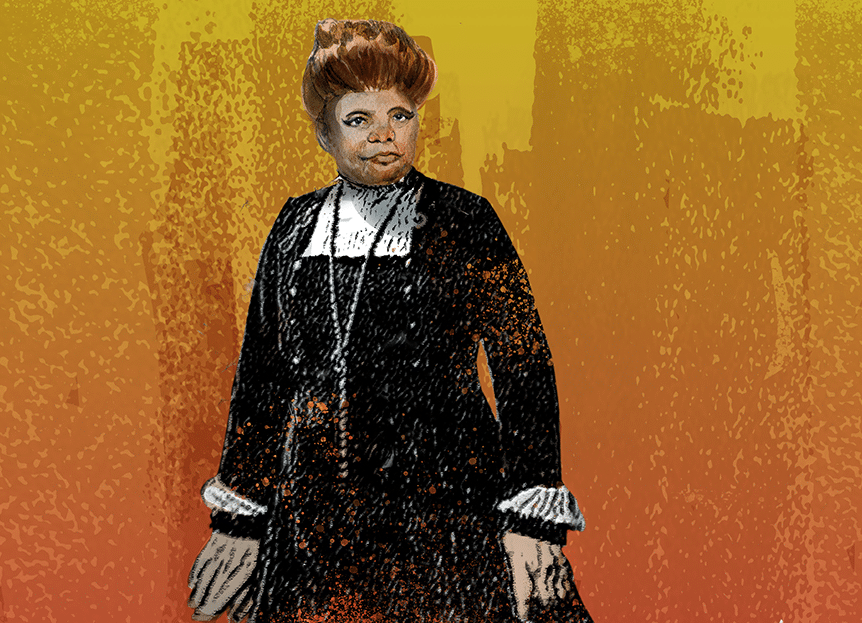

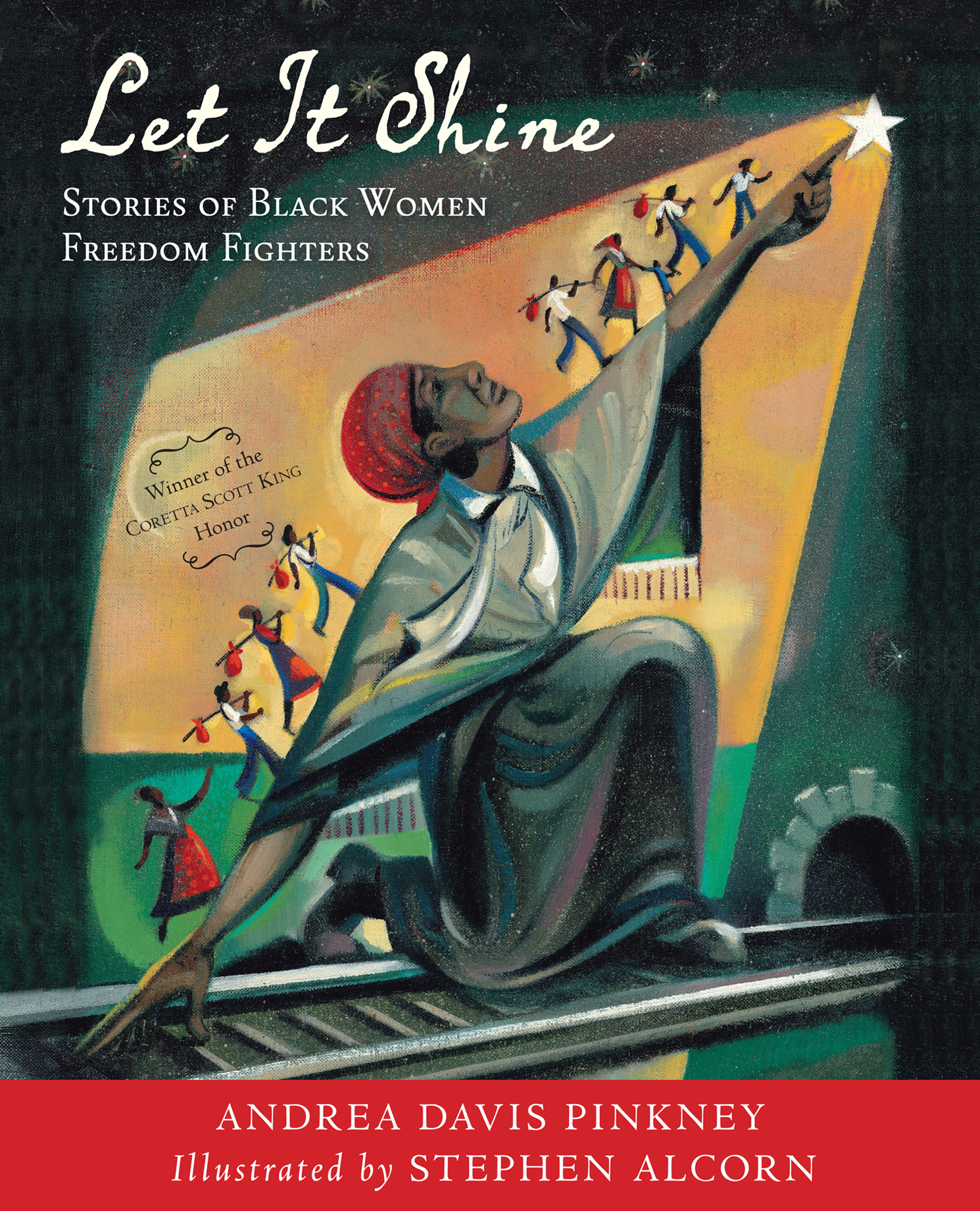
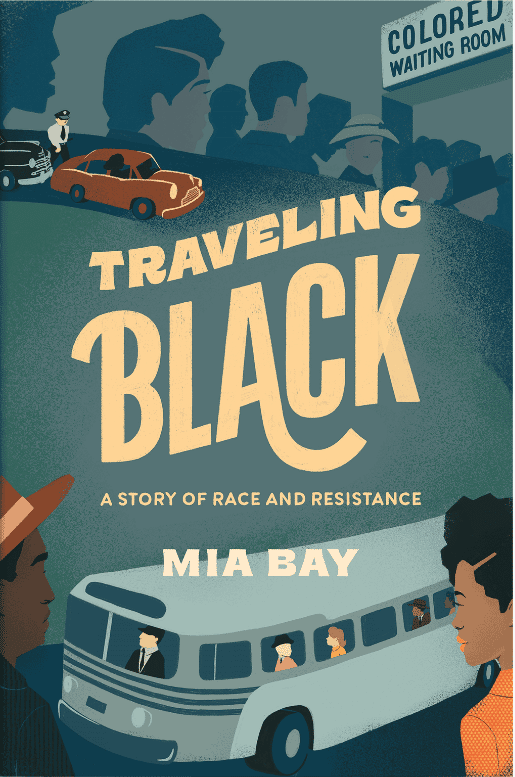
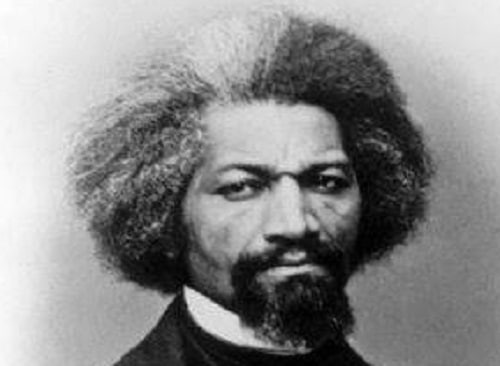
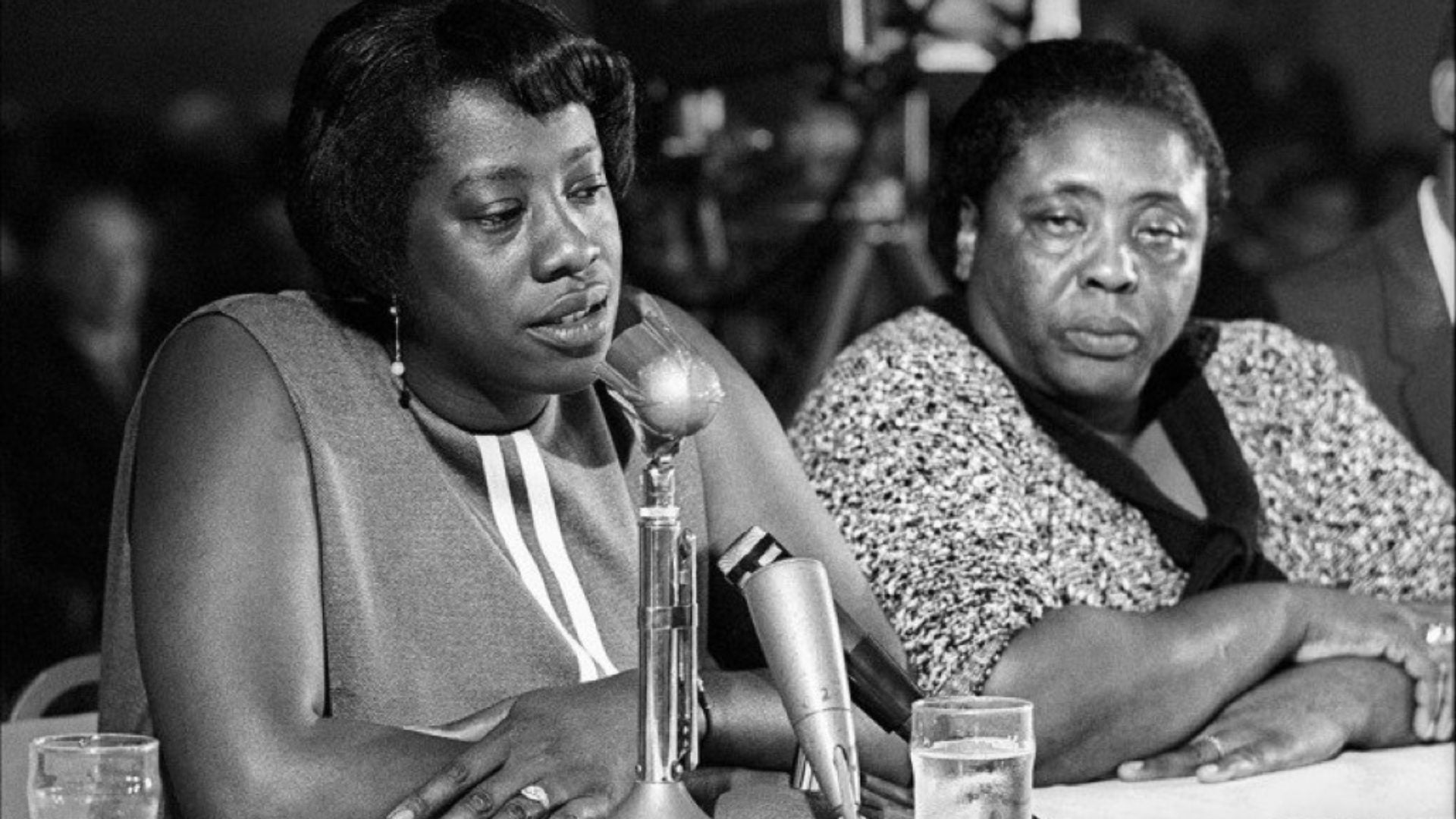





Twitter
Google plus
LinkedIn